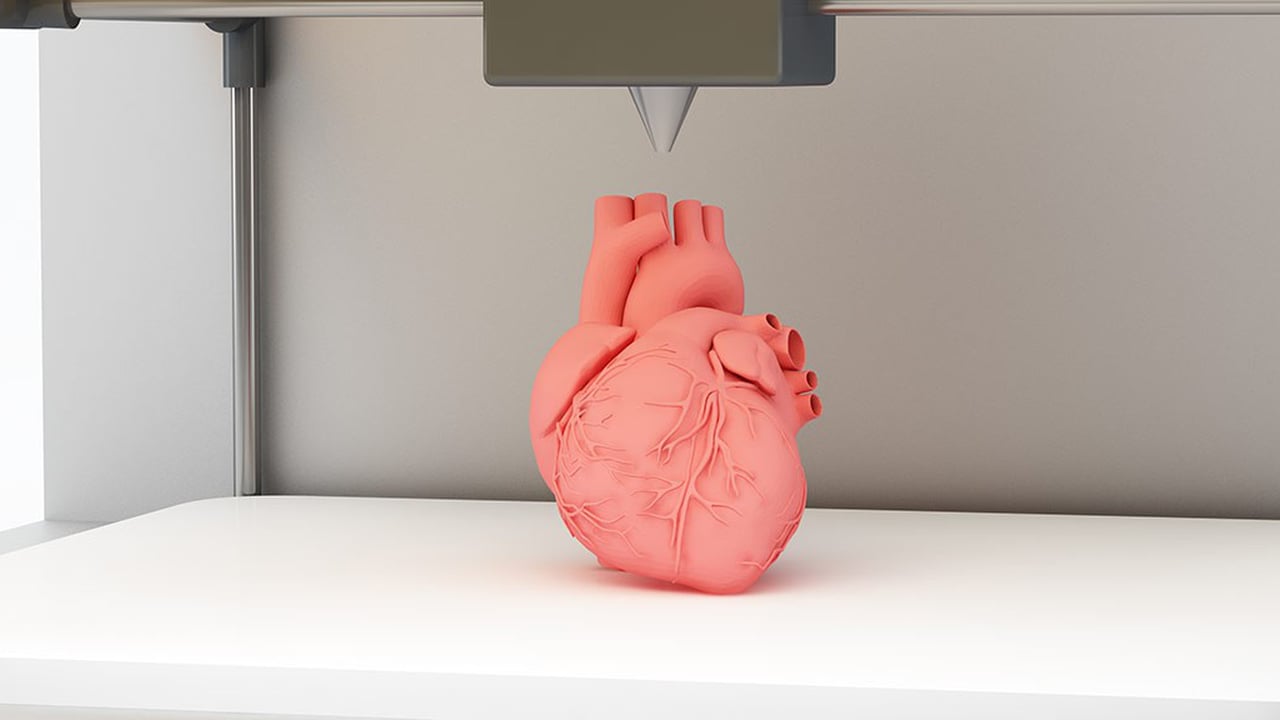Page 10999
Mar 30, 2016
New Video: The Physics of Quantum Annealing
Posted by Klaus Baldauf in category: quantum physics

In our last video we explained quantum annealing, and how the D-Wave system uses it for computation. In this new video we drill down into the physics of quantum annealing, and explain the concepts of the Hamiltonian and Eigenspectrum.
Mar 30, 2016
This Week in Science: Mar 20 — 27, 2016
Posted by Shailesh Prasad in categories: 3D printing, bioengineering, biotech/medical, science, space

3D printed heart replicas, A new type of colossal galaxy, shutting down HIV with gene editing, and more!
Mar 30, 2016
This Week in Science: March 20-27th 2016
Posted by Shailesh Prasad in categories: 3D printing, bioengineering, biotech/medical, science, space

This Week in Science — March 20 −27, 2016.
3D printed heart replicas, A new type of colossal galaxy, shutting down HIV with gene editing, and more.
Mar 30, 2016
Planet 9 May Hail From Sun’s Stellar Birth Cluster
Posted by Bruce Dorminey in category: space
Planet 9, if indeed it’s out there, may have been stripped from one of our Sun’s stellar siblings, very early in the life of our solar system. The idea is that the Sun’s original birth cluster of at least a 1000 stars was pretty crowded and there was ample opportunity to gravitationally strip a planet from a stellar brother or sister. But guess stars don’t get jealous, eh?
A possible super-earth lying on our solar system’s outer fringes may have been captured from a star in our Sun’s original stellar birth cluster, Alexander James Mustill, an astronomer at Lund University in Sweden, tells me.
Even though Planet 9’s existence still remains up for debate, a growing body of evidence for nearly decade now indicates the presence of a planet some 10 times the mass of Earth that orbits the Sun at a distance of up to 900 astronomical units (or Earth-Sun distances).
Continue reading “Planet 9 May Hail From Sun’s Stellar Birth Cluster” »
Mar 30, 2016
Could the Language Barrier Actually Fall Within the Next 10 Years?
Posted by Shailesh Prasad in category: futurism
Even with improvements in translation technology, there are still significant hurdles.
By David Arbesú
Wouldn’t it be wonderful to travel to a foreign country without having to worry about the nuisance of communicating in a different language?
Continue reading “Could the Language Barrier Actually Fall Within the Next 10 Years?” »
Mar 29, 2016
Could nanobots make your electronics last FOREVER?
Posted by Karen Hurst in categories: bioengineering, nanotechnology, robotics/AI, wearables
Nanoengineers at the University of California San Diego have developed tiny molecular robots (pictured) that could help to extend the life of delicate circuits and wearable technology.
Mar 29, 2016
New plasma printing technique can deposit nanomaterials on flexible, 3D substrates
Posted by Karen Hurst in categories: computing, electronics, nanotechnology, wearables
A new nanomaterial printing method could make it both easier and cheaper to create devices such as wearable chemical and biological sensors, data storage and integrated circuits — even on flexible surfaces such as paper or cloth. The secret? Plamsa.
Mar 29, 2016
WIRB-Copernicus Group Establishes WCG Gene Therapy Advisory Board
Posted by Karen Hurst in categories: bioengineering, biotech/medical, genetics, health
1st of many steps in the gene editing oversight.
PRINCETON, N.J., March 29, 2016 /PRNewswire/ — WIRB-Copernicus Group® (WCG™), one of the world’s leading providers of solutions that measurably improve the quality and efficiency of clinical research, today announced that it has assembled a team of world-renowned experts to advise the company regarding the latest advances in gene therapy research. The WCG Gene Therapy™ Advisory Board will convene today in Princeton, NJ.
“Human gene therapy is one of the fastest-growing areas of medical research, and also one of the most promising,” said WCG Chairman and Chief Executive Officer Donald A. Deieso, Ph.D. “The advances made by scientists and clinicians in the field of gene therapy have enabled us to target disease at the genetic level, redefining the concept of precision medicine.” He added, “More than that, gene transfer researchers have succeeded – over the course of a single lifetime – in transforming the world’s most persistent and lethal viruses into disease-fighting allies in the quest to improve human health.”
Continue reading “WIRB-Copernicus Group Establishes WCG Gene Therapy Advisory Board” »















